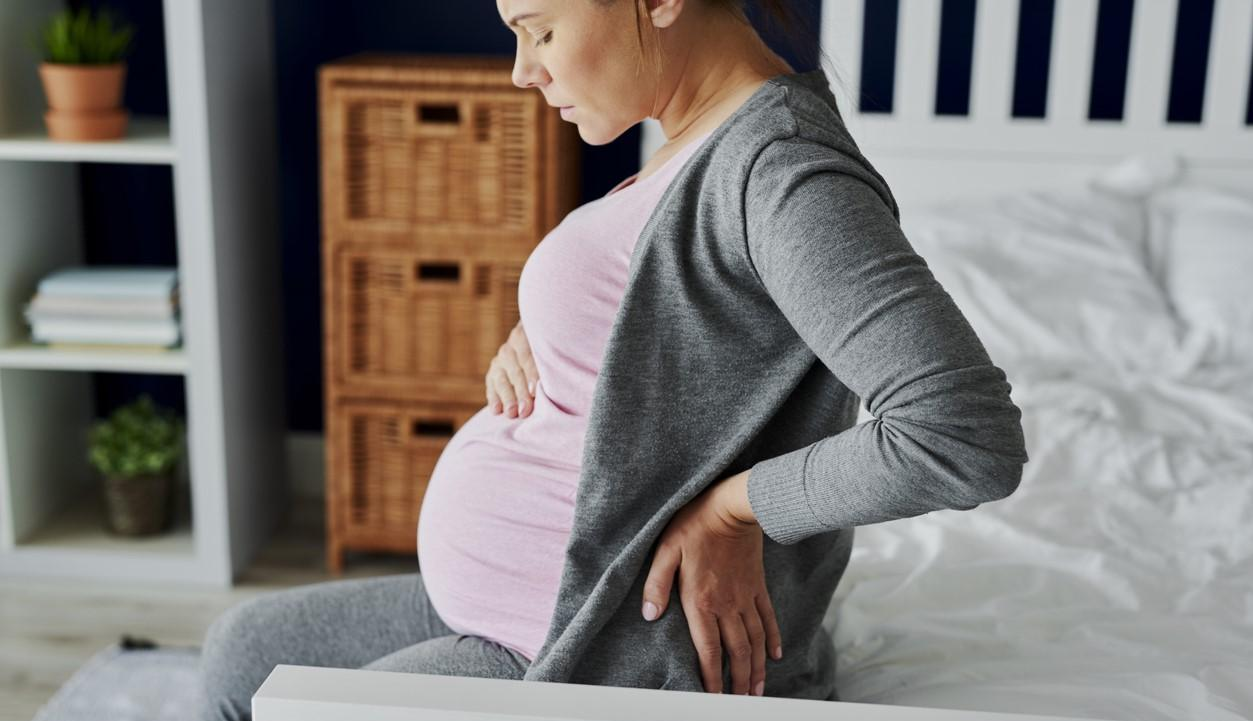A new study suggests that children of mothers who had COVID-19 during pregnancy are at 29% higher risk of neurodevelopmental conditions such as speech delays, motor disorders, and autism by age 3, although the overall odds are likely low and may well have ebbed since the pandemic peak.
Massachusetts General Hospital researchers analyzed data on 18,124 live births at Mass General Brigham from March 2020 through May 2021.
The study authors noted that other types of infection in pregnant women have been tied to an elevated risk of a range of childhood neurodevelopmental disorders and that animal studies have found that immune-system activation in pregnancy can disrupt fetal brain development.
The findings were published yesterday in Obstetrics & Gynecology.
Boys particularly vulnerable
A total of 8% of uninfected women had received at least one COVID-19 vaccine dose during pregnancy, compared with 2% of their infected counterparts. Only 13 infections were identified in women who had received at least one dose. Of all infections, 65.0% occurred in the third trimester of pregnancy.
Of the 861 children whose mothers had COVID-19 while pregnant, 16.3% were diagnosed as having at least one neurodevelopmental condition by age 3, compared with 9.7% of the 17,263 children from COVID-negative pregnancies. After adjusting for maternal age, race, insurance and hospital type, and preterm birth, COVID-19 infection in pregnancy was linked to a 29% higher risk of a neurodevelopmental disorder in children.



















